ARLINGTON, Va. (Army News Service, March 19, 2008) - The second sergeant major of the Army, George W. Dunaway, who was coined a "Soldier's Soldier" by his troops, was accorded full military honors as he was laid to rest at Arlington National Cemetery here today.
Dunaway served two years as the second SMA from 1968 until 1970 under chief of staff Gen. William C. Westmoreland. During his tenure, the sergeant major was instrumental in the introduction of the non-commissioned officer education system, a three-tiered system to train NCOs in basic, advanced and senior courses ensuring Soldiers would receive the best leadership possible. The capstone of Dunaway's career was the creation of the Sergeants Major Academy.
Sgt. Maj. of the Army Kenneth O. Preston praised Dunaway for taking the Army's senior enlisted post at a critical time in the nation's history and for his leadership and devotion to Soldiers.
"Today is a solemn day to pay honor and tribute to the Dunaway family for the sacrifices they've made and to a great Soldier, a great leader and a friend of the Army who has been a great coach, teacher and mentor for us all," he said. "Last night I had the opportunity to speak with SMA Dunaway's wife, Mary.
"She is a great Army wife and when you look at what George and Mary did for Soldiers and their families throughout their careers, it was really incredible back in a time when family readiness groups didn't exist" Preston said. "They took it upon themselves to bring families into the fold and help build continuity among the units in which they served."
Born in 1922 in Richmond, Va., Dunaway began his Army career attending the airborne course in 1943, then served as an airborne instructor until he jointed the 517th Parachute Regimental Combat Team in France as a platoon sergeant in 1945. Following World War II, he served as a first sergeant with the 501st Parachute Infantry Regiment until 1948 when he was reassigned to the 82nd Airborne Division. Next he became the operations sergeant and eventually the regimental sergeant major of the 505th Parachute Inf. Regt., in 1952.
In the 1950s Dunaway served with the 187th Regimental Combat Team as its sergeant major and later with the 101st Airborne Division as its senior NCO. In 1961 he took the reins of the 1st Special Forces Group in Okinawa and later moved to the 5th Special Forces Group in Vietnam where he remained until June 1967.
After returning to the U.S., he rejoined the 101st as it prepared to move to Vietnam in the largest unit deployment by air in the history of the war. He found himself back in Vietnam with the commanding general's command group in December 1967. In early 1968 he moved to Camp Eagle in the I Corps Tactical Zone with the 101st where he remained until July 1968 when he was selected as the second SMA.
Dunaway was the first SMA to be buried at Arlington National Cemetery. He was 85 and is survived by wife, Mary, sons Michael and George and daughers, Martha and Suzanne.
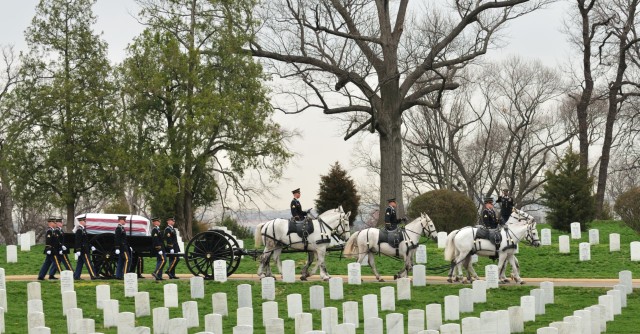
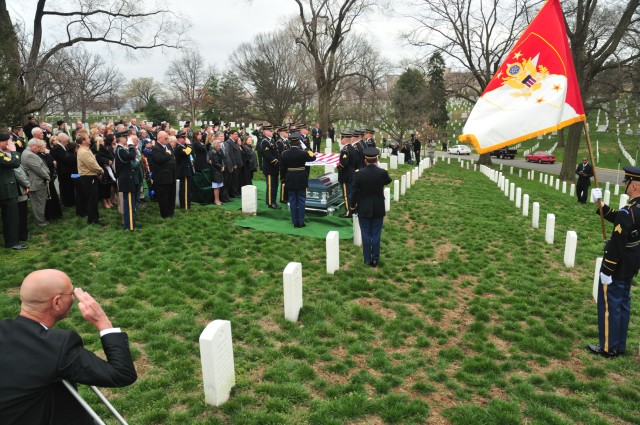
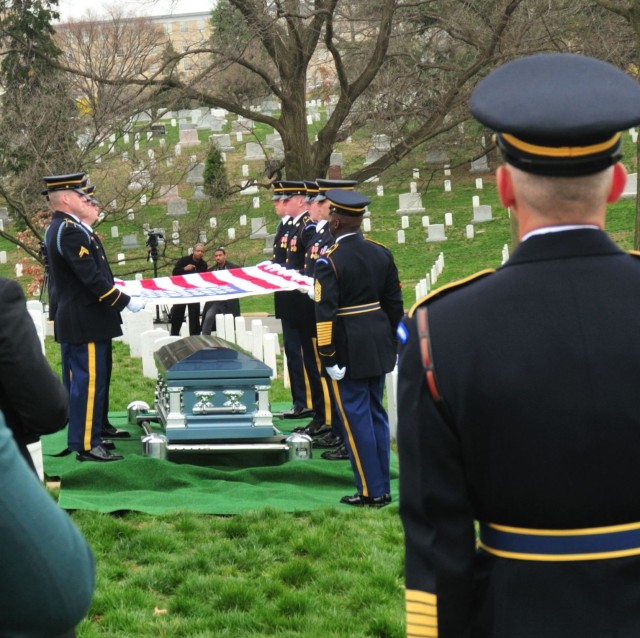
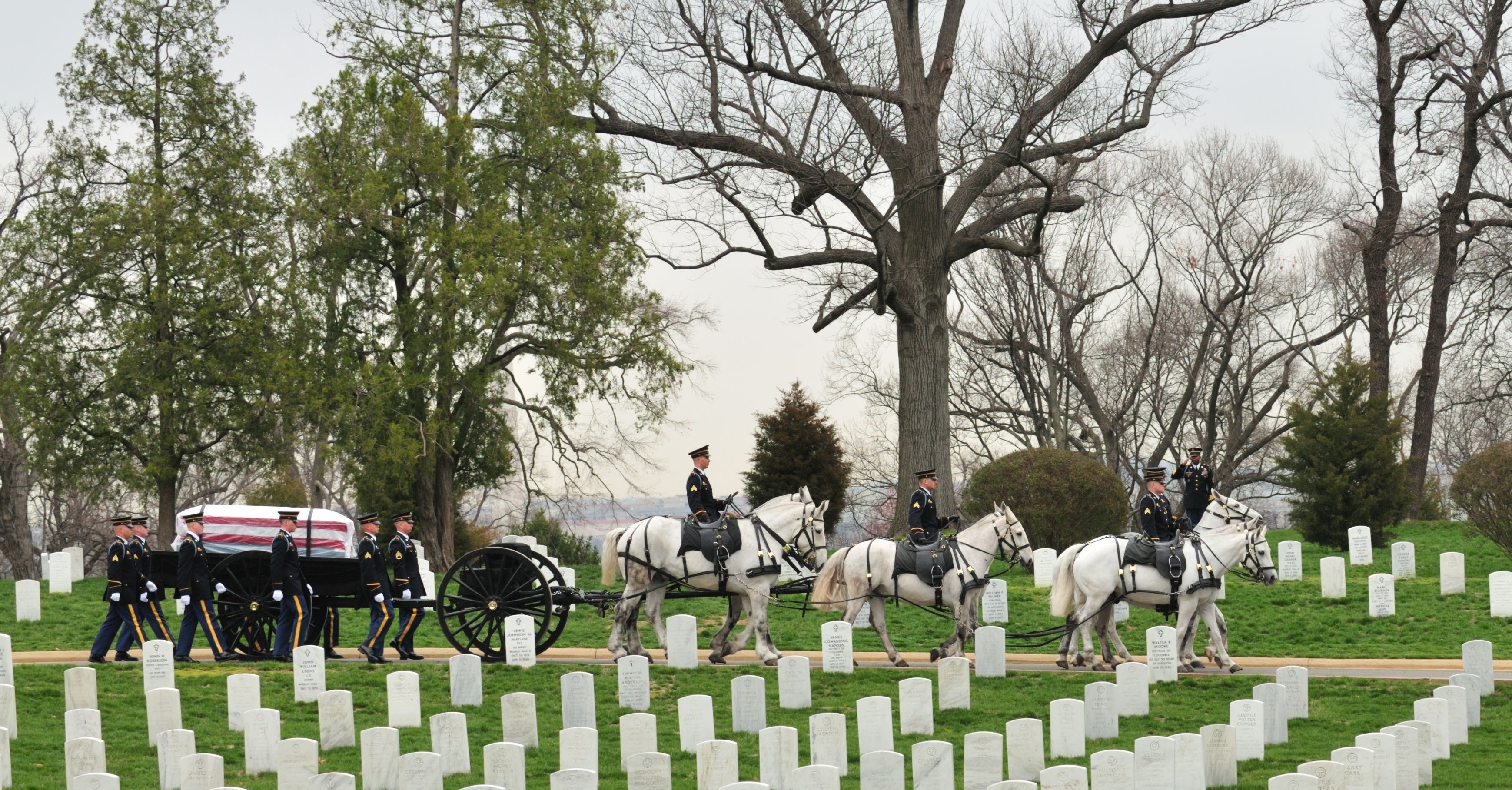
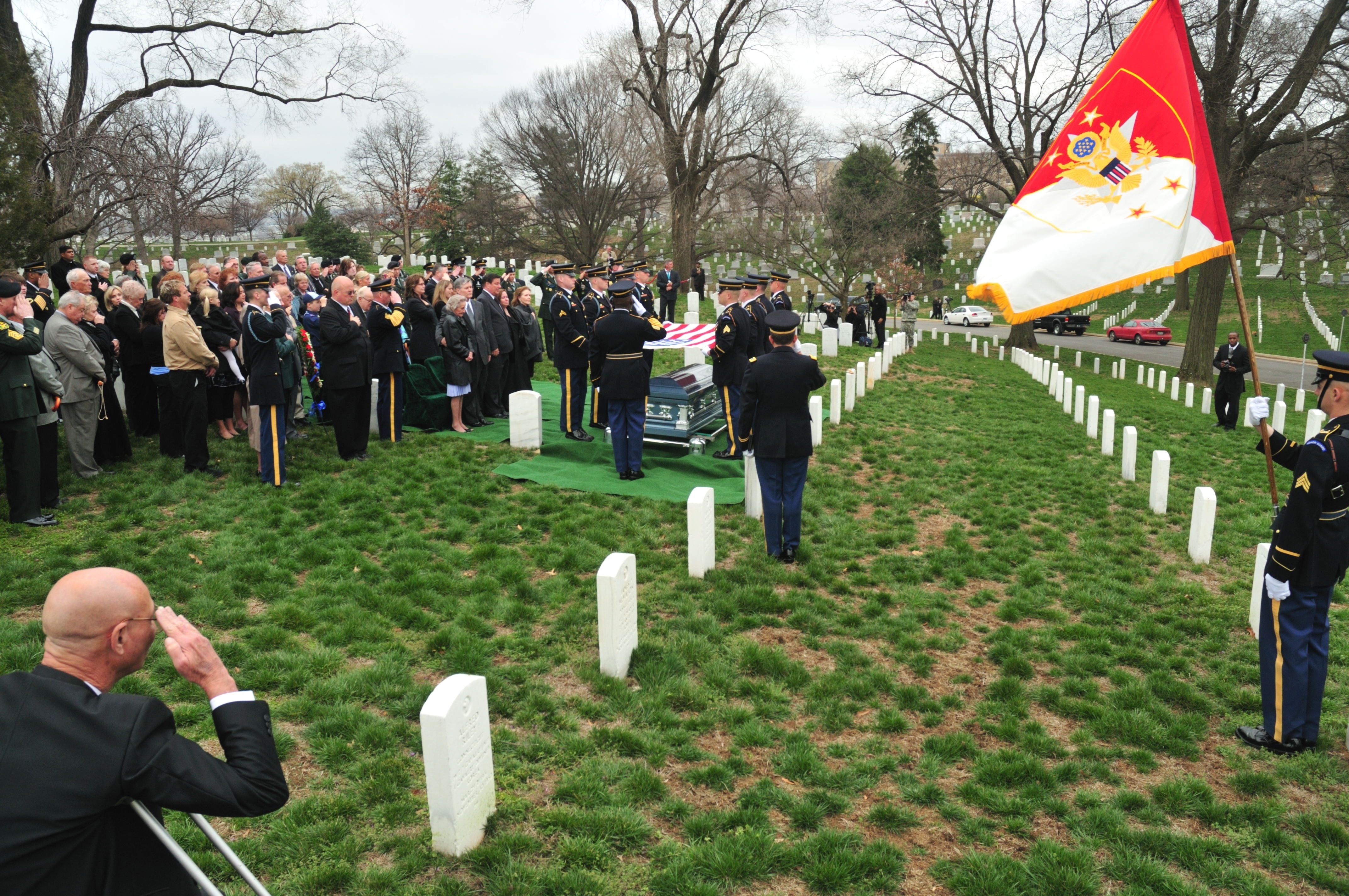
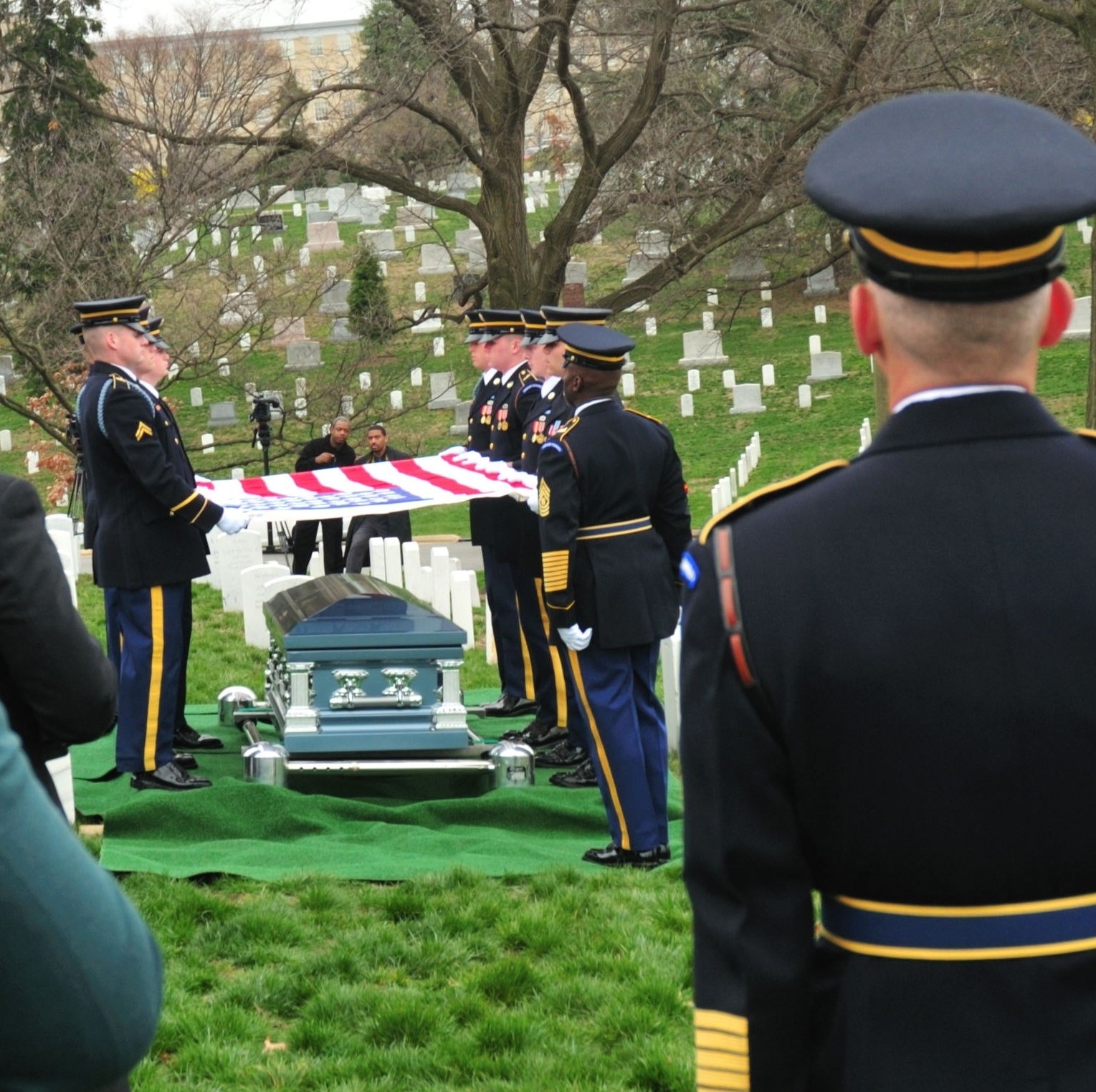
Social Sharing